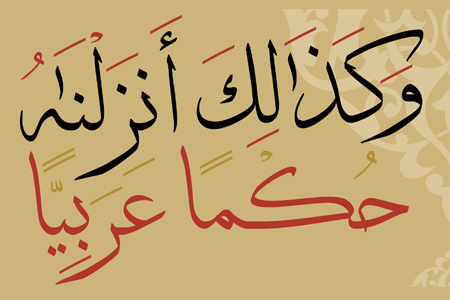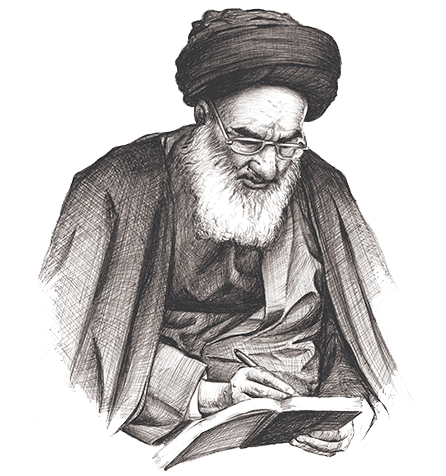Given the role Arabic grammar has to play in Qur’anic and Hadith sciences, it is important for one to not just study grammar as it is generally taught today and suffice with it, rather it is crucial to have an understanding of its development and as well as a critical approach towards it in order for its further development and progression. These are summarized notes I have taken over time, describing the general phases of development of Arabic grammar. Due to the usage of technical terms in these notes, the post will be understood by those who already have a brief background in Arabic grammar.
Sayyid Ali studied in the seminary of Qom from 2012 to 2021, while also concurrently obtaining a M.A in Islamic Studies from the Islamic College of London in 2018. In the seminary he engaged in the study of legal theory, jurisprudence and philosophy, eventually attending the advanced kharij of Usul and Fiqh in 2018. He is currently completing his Masters of Education at the University of Toronto and is the head of a private faith-based school in Toronto, as well as an instructor at the Mizan Institute and Mufid Seminary.













































